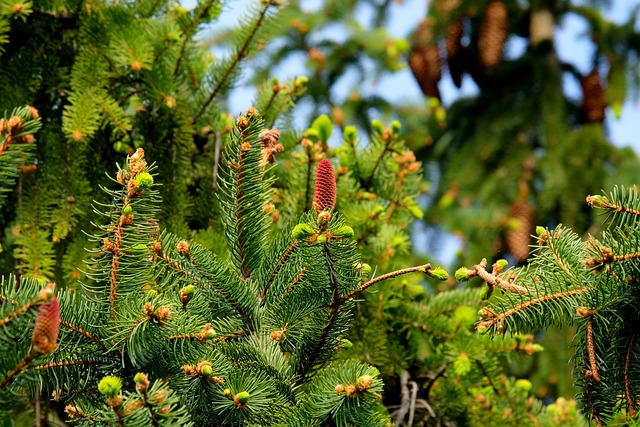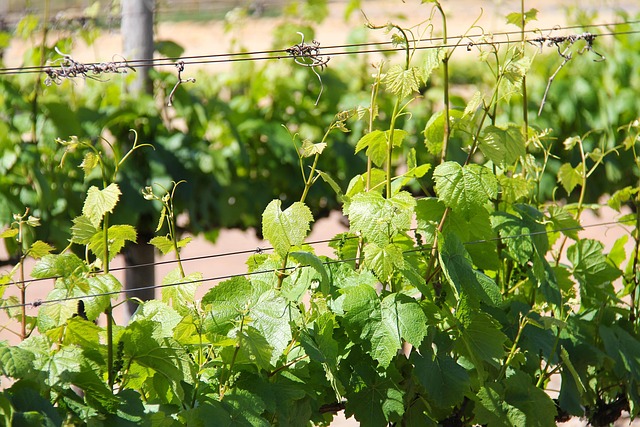Nature has an undeniable charm, and in a world where urbanization often overshadows the simplest joys of the great outdoors, there’s a growing movement towards incorporating eco-friendly practices into our daily lives. One such delightful way to embrace nature is by cultivating carnivorous plants in your garden. Not only do these fascinating flora invite a sense of wonder, but they also play a significant role in promoting biodiversity and maintaining ecological balance.
Carnivorous plants are more than just exotic novelties; they are natural wonders that have adapted to thrive in nutrient-poor environments. Striking a perfect balance between beauty and functionality, these plants capture insects through various ingenious mechanisms, turning what could be perceived as a pest into vital nutrients for their growth. By welcoming carnivorous plants into your garden, you effectively create a small ecosystem that supports your local wildlife, thus enhancing the environmental health of your area.
When it comes to choosing the right carnivorous plants for your garden, you have an array of options. Popular varieties like the Venus flytrap, pitcher plants, and sundews not only bring a unique aesthetic to your green space but also become part of a larger environmental story. Imagine a garden where you can stroll amidst vibrant greens and intriguing shapes, all while knowing you’re fostering a healthier planet.
Moreover, cultivating these plants can be a profoundly fulfilling way to connect with nature. The act of nurturing them can be therapeutic, reminding us of the delicate balance we must maintain with the environment. As you dig into the soil and tend to these remarkable species, you’ll learn about their specific needs, such as acidic soils and ample sunlight, which reinforces your role as a steward of the Earth.
In addition to the personal benefits, embracing an eco-friendly approach to gardening has a broader impact. As more people choose to incorporate greenery into their lives responsibly, we can collectively contribute to reducing our carbon footprint. By reducing the use of synthetic fertilizers and pesticides, you not only ensure the health of your carnivorous plants but also help preserve the delicate ecosystems they rely on.
Creating an eco-conscious garden filled with carnivorous plants invites others to join in on the journey. As your garden flourishes, it can inspire friends and neighbors to take an interest in sustainable practices. You may even spark discussions about biodiversity and conservation, encouraging a community to value and protect nature.
To get started, research the native carnivorous plants in your region. This will not only ensure they thrive but also support local wildlife that has adapted to those specific conditions. Remember, the key to a thriving carnivorous garden lies in understanding their specific growing requirements. They often thrive in nutrient-deficient environments, which means you’ll need to focus on proper soil and watering techniques, utilizing distilled or rainwater to maintain their alkaline balance.
While navigating your eco-friendly gardening journey, consider engaging with online communities or local gardening clubs that focus on sustainable practices. Sharing experiences, tips, and successes with fellow gardening enthusiasts can enhance your understanding and appreciation of these unique plants. Embrace the wonder of carnivorous plants and join the movement towards greener, more sustainable gardening practices.
Ultimately, the incorporation of carnivorous plants into your garden isn’t just about aesthetics—or even the joy of watching these fascinating predators in action. It’s about paving the way to a more harmonious relationship with our planet. By making conscious choices and embracing eco-friendly habits, we can cultivate not just captivating gardens, but also a healthier, more vibrant Earth for future generations. So, grab your gardening tools, and let nature lead the way!




